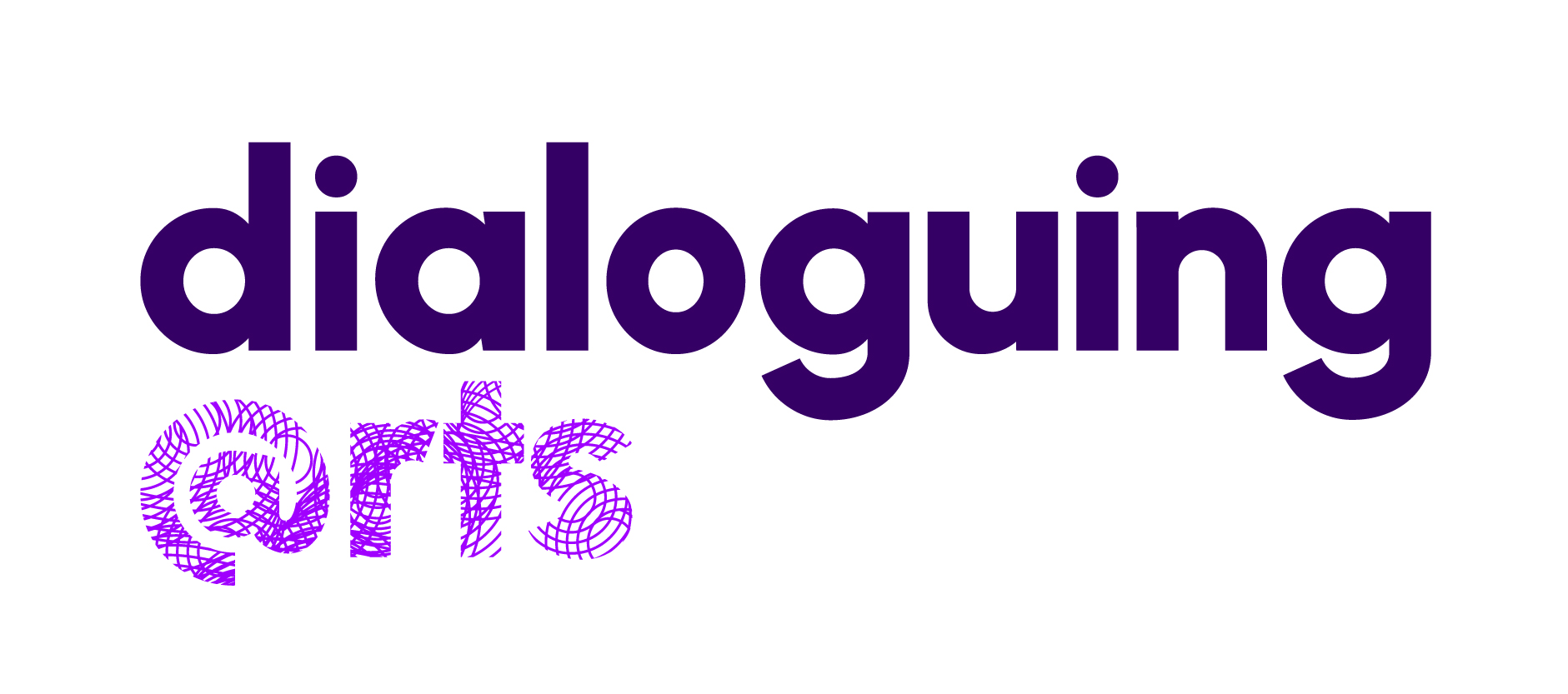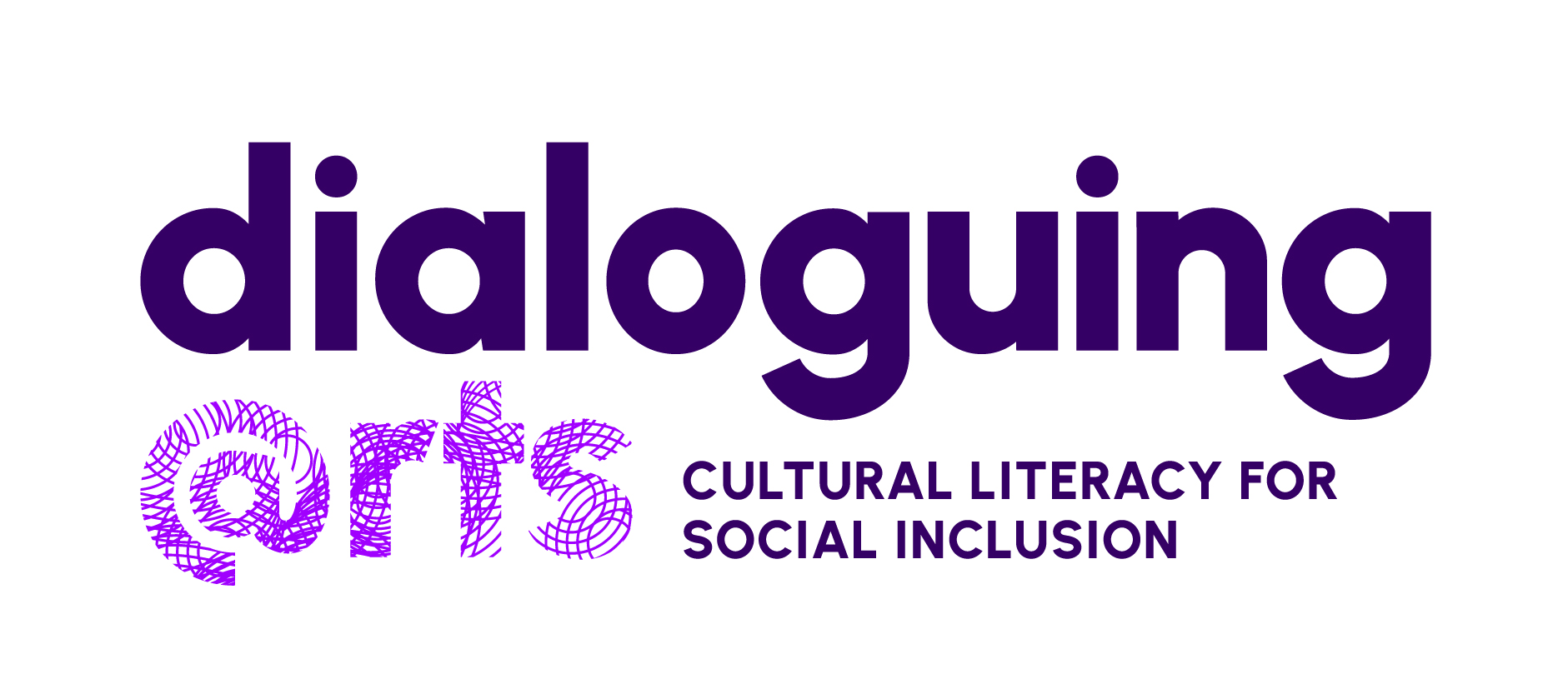Spotlight on d@rts Associated Partners
The Council for Municipal School of Arts is an associated partner in the Horizon Europe project dialoguing@rts, contributing specifically to Work Package 3 as a case study.
The Council for Municipal School of Arts (Kulturskolerådet) is a national interest and development organisation that works to promote quality in arts and cultural education for children, young people, and adults, with municipal schools of music and performing arts as its foundation.
The social mission and purpose of these schools are defined in Chapter 26 of the Norwegian Education Act, which requires all municipalities to provide programs in music and performing arts for their residents. The national framework plan Culture School for All (Rammeplan for kulturskolen – Kulturskole for alle) further describes this mission as contributing to Norway’s obligations under UN human rights conventions and UNESCO conventions, while also being informed by parliamentary reports and other current national policy documents.
The framework plan describes municipal schools of music and performing arts as an integral part of the municipality’s overall services. They are closely connected to schools, cultural life, and civil society, and act as partners at both local and regional levels. The aim is to provide comprehensive, coherent services for the entire population.
The plan serves as a guideline for how each municipality may organize its school of music and performing arts, based on national expectations for local development in general and arts education in particular.
About the Project Kulturbæring – A Sense of Time and Place (Case in WP3)
The Council for Municipal School of Arts understands cultural transmission as:
“The transfer of culture, traditions, values and knowledge from one generation to another, or between different groups of people. Cultural transmission is important because it helps communities preserve their identity, history, and values. It acts as a bridge between the past, present, and future, allowing generations to share wisdom, experiences, and knowledge.”
The project Kulturbæring – A Sense of Time and Place was carried out in 2024 as part of the knowledge base for the conference Kulturbæring – Culture as a Driver for Sustainable Societies (Kulturbæring – kulturen som driver for bærekraftige samfunn), held in Bodø in October of the same year. The project involved schools of music and performing arts in Norway, Sweden, and the Faroe Islands. Its purpose was to explore how children and young people can become more familiar with, and take part in, their local culture and cultural heritage.
This was achieved by highlighting local stories that they might otherwise rarely hear or experience. Activities included song, crafts, dance, traditional food, storytelling, music, and everyday practices. A central focus was the involvement of local cultural bearers as partners and communicators, strengthening the local cultural infrastructure by connecting children and young people with knowledge holders from their own communities.
The project created a valuable knowledge base on how schools of music and performing arts
in the Nordic region can develop activities around local cultural knowledge, which often requires deliberate effort and recognition to uncover. Five municipalities – two in Norway, two in Sweden, and one in the Faroe Islands – organised their own workshops under the artistic direction of Kjell Moberg. Each group based its work on its own traditions and local culture:
- Coastal heritage, with stories and movement patterns from traditional crafts.
- Sámi traditions, such as joik, duodji, reindeer herding practices, and oral storytelling.
- Faroese traditions, including kvæði ballads, ring dancing, and song.
The project was closely followed by researcher and associate professor Runa Hestad Jenssen (Nord University). Once analysed, the findings will provide further insights for the field.
For The Council for Municipal School of Arts, it is essential that the experiences, mindsets, and knowledge developed through the project also create value for the broader arts education sector. This is key to strengthening municipalities’ ability to implement the intentions of the framework plan Culture School for All, particularly regarding local traditional culture, indigenous peoples, and national minorities.
The Council hopes that Kulturbæring, as both a mindset and a working method, can inspire municipalities and schools of music and performing arts across the country, regardless of geography or local themes. It also encourages higher education institutions and research environments to consider these approaches
when developing study programs and building expertise.
Kulturbæring and Sustainability
For the Council, working with Kulturbæring is also about sustainability. In many places, traditional knowledge is under pressure and at risk of disappearing. If today’s children and young people are to become familiar with local traditions, make them their own in contemporary ways, and pass them on to future generations, this requires greater effort and awareness. Municipal schools of music and performing arts can play a crucial role in this process.
In White Paper 17 (2024–2025) Sámi Language, Culture and Community Life, schools of music and performing arts are highlighted as important for ensuring that the cultural and linguistic needs of Sámi children and young people are met equitably. They are therefore a highly relevant part of cultural policy, with strong potential to strengthen local culture, language, and identity.
The framework plan Culture School for All summarises this in the following way:
“Culture is sustainable because culture gives us the strength to carry our own lives and the community we are part of. With its values and practices, the school of music and performing arts connects people and local communities. In this way, it contributes to sustainability for both the individual and society.”
(Framework Plan, chapter 3.1.1 Sustainability)
Watch the films produced in connection with the project here: Kulturbæring on Vimeo
Text: The Council for Municipal School of Arts
By Marita Helen Hansen and Anna Rennemo

